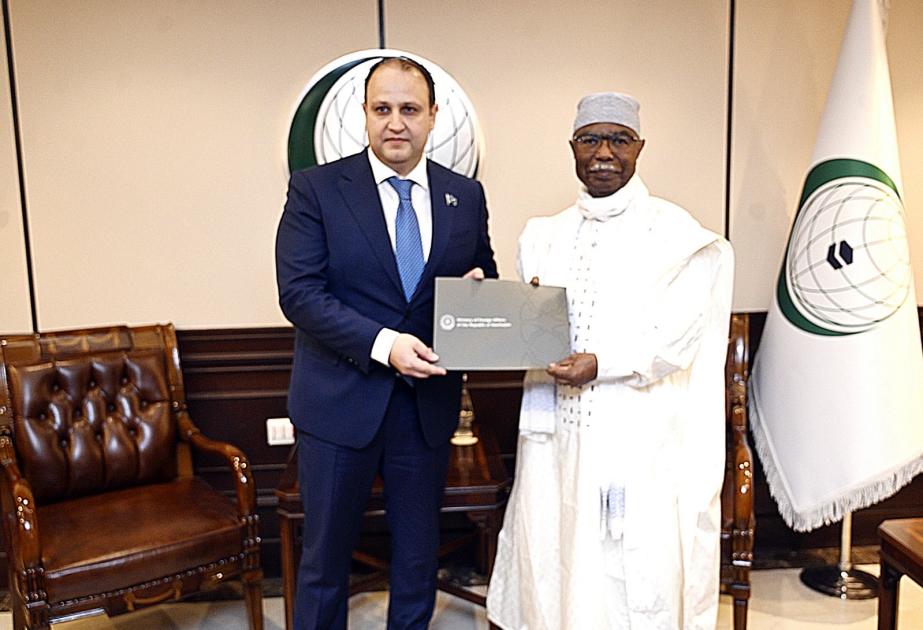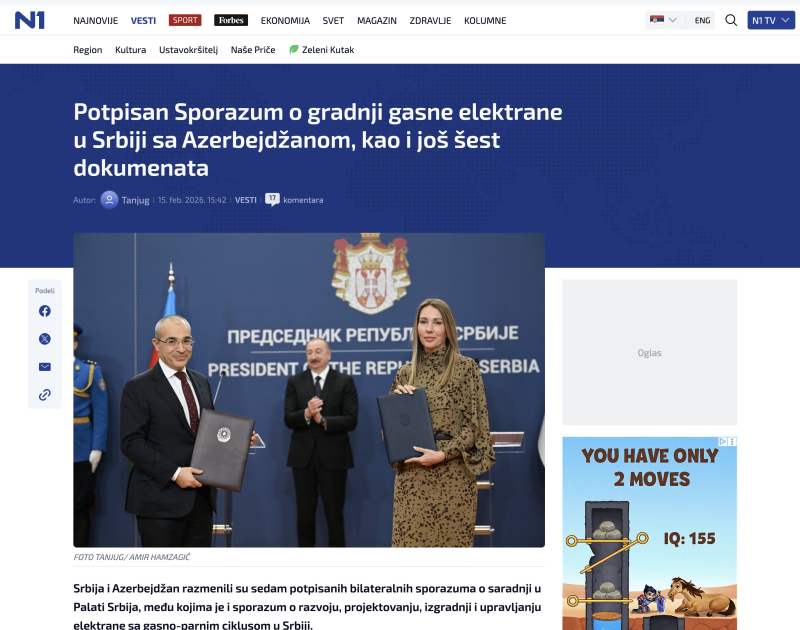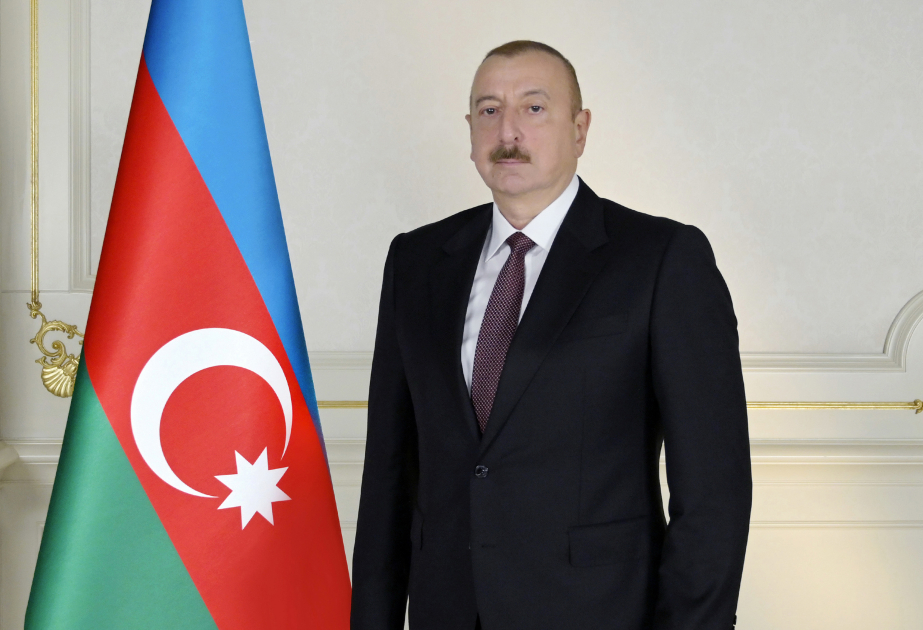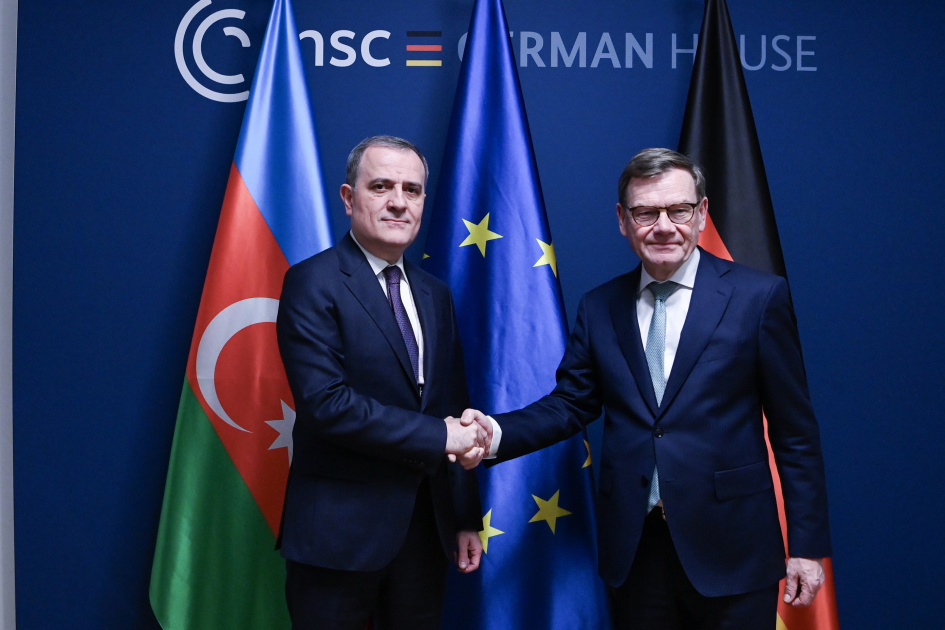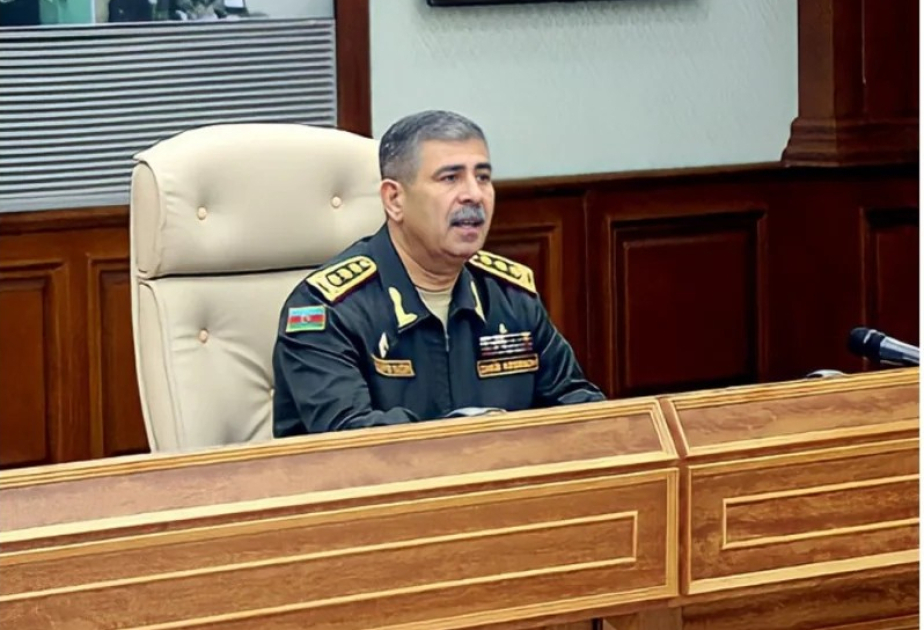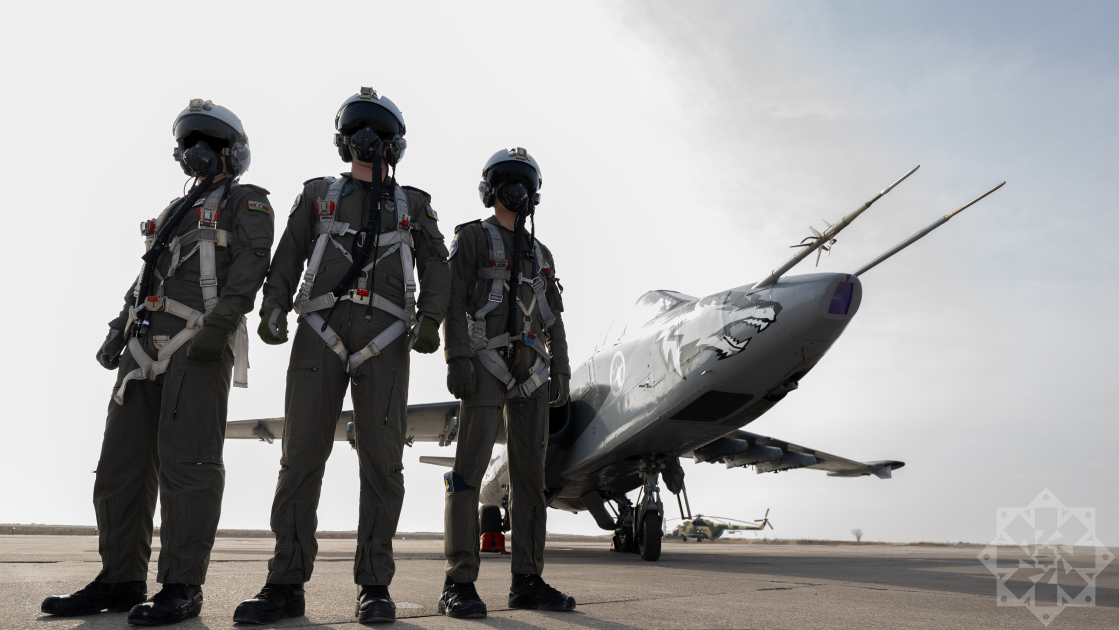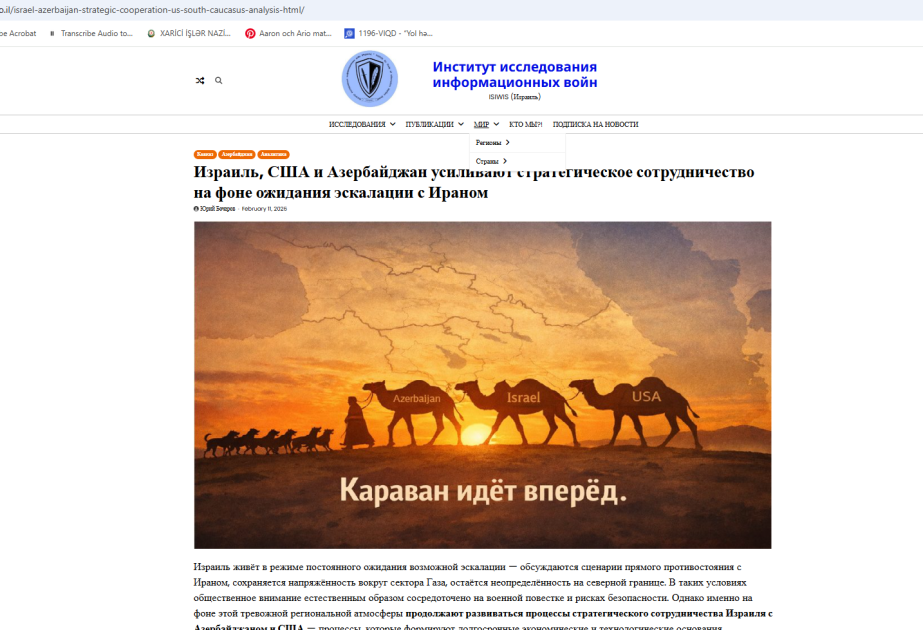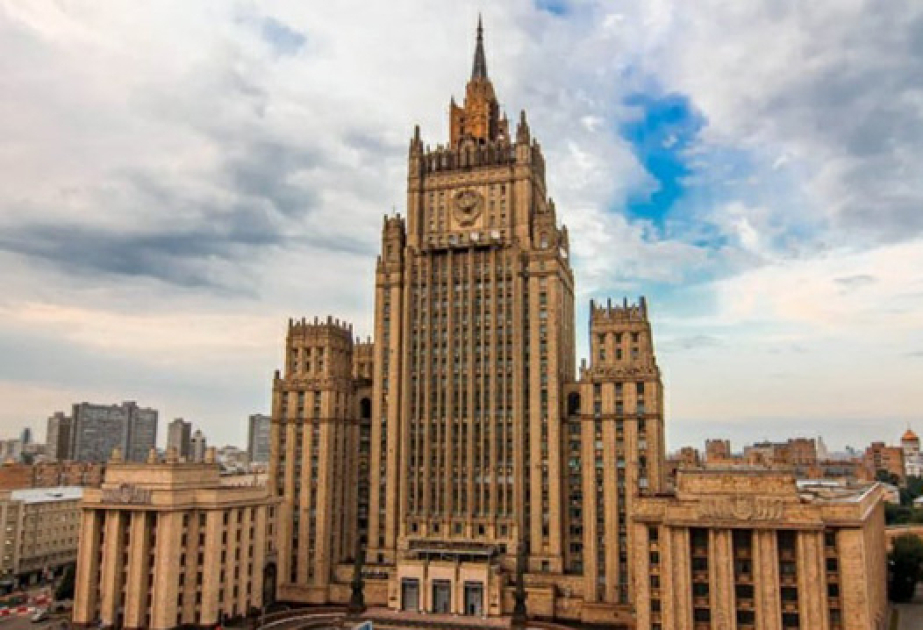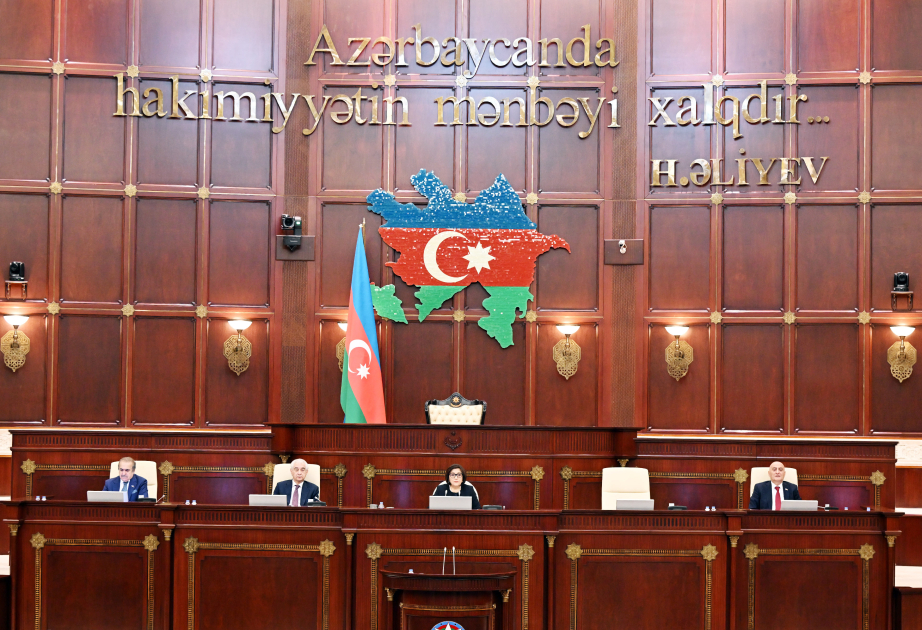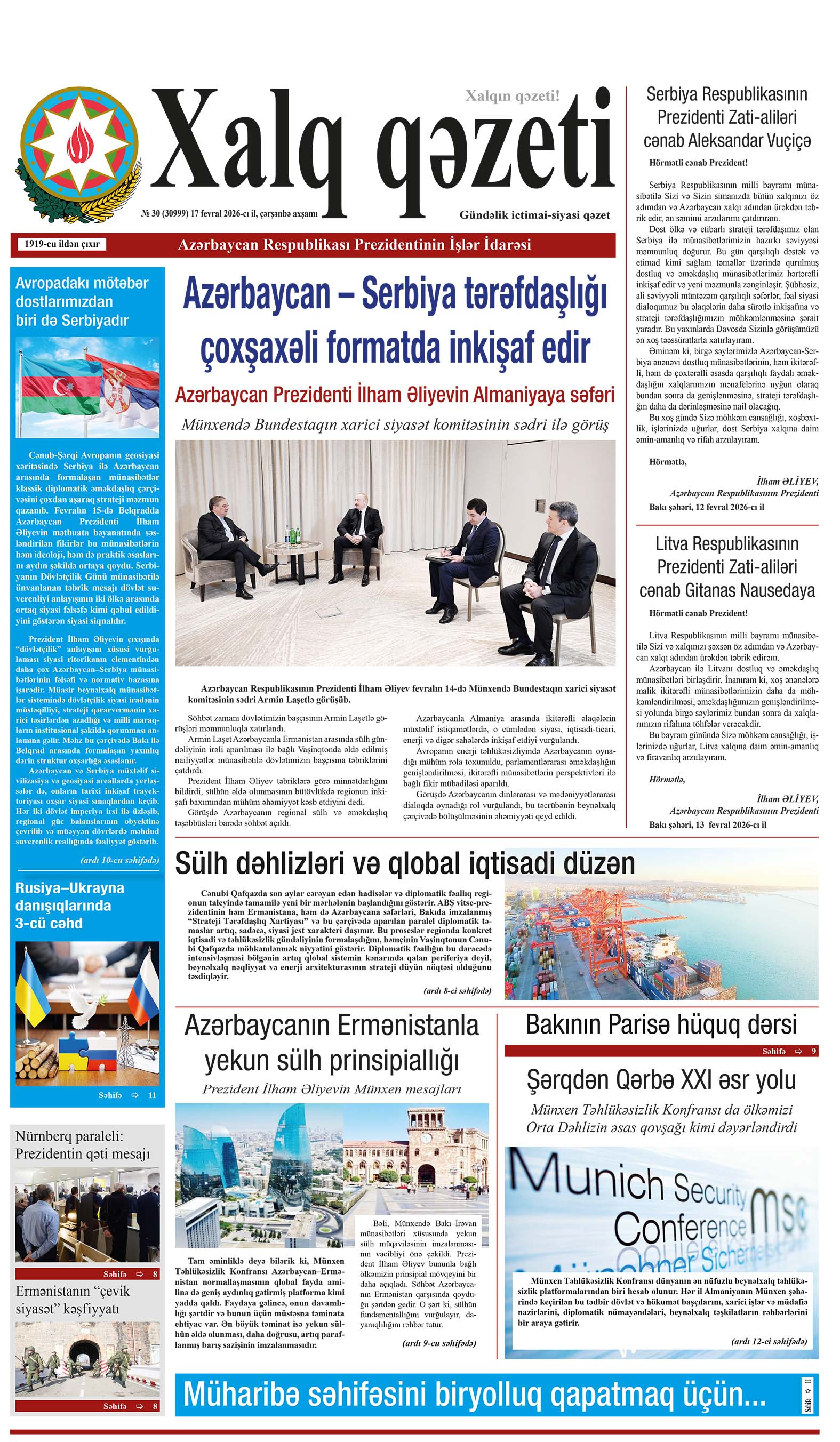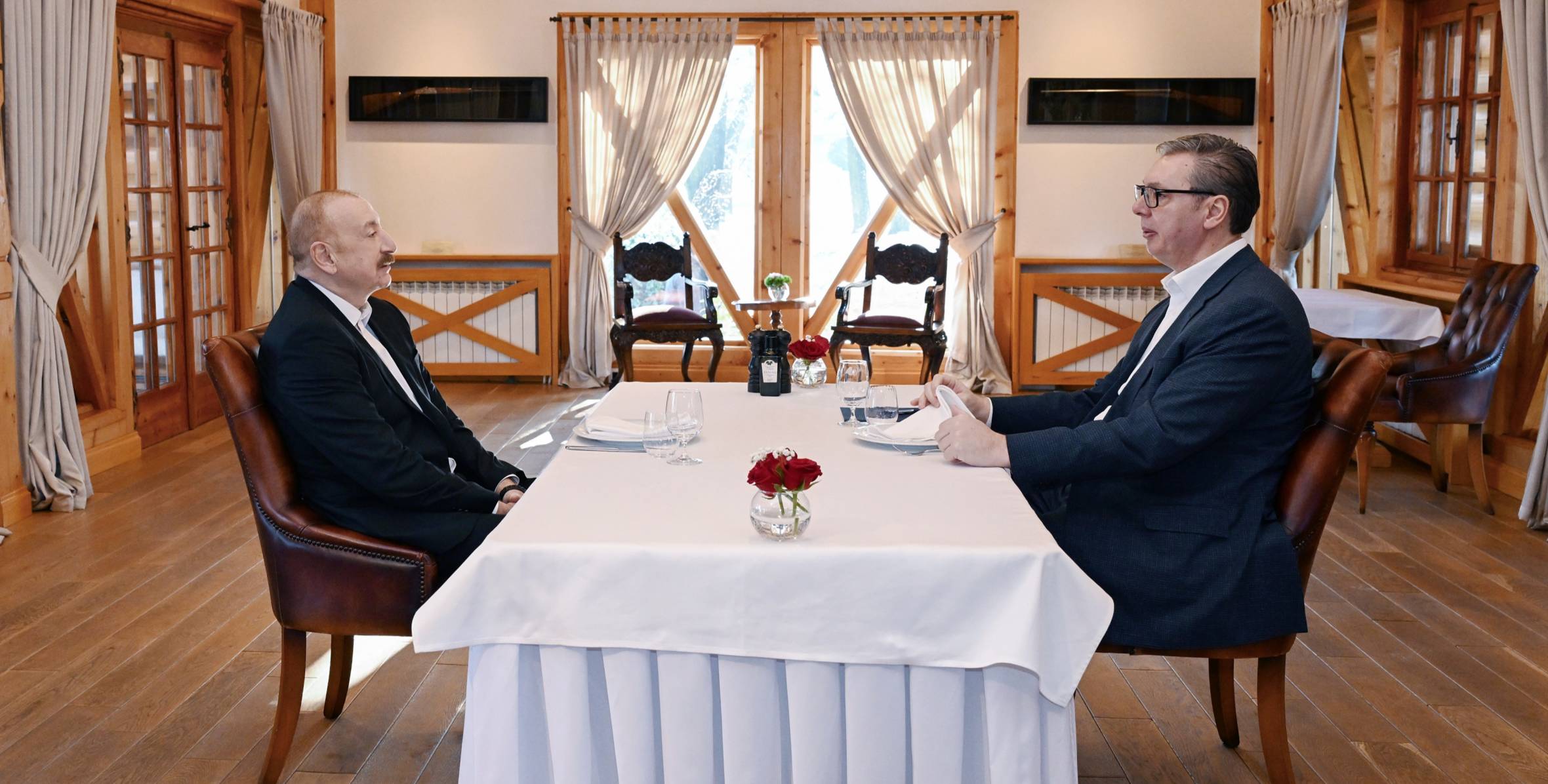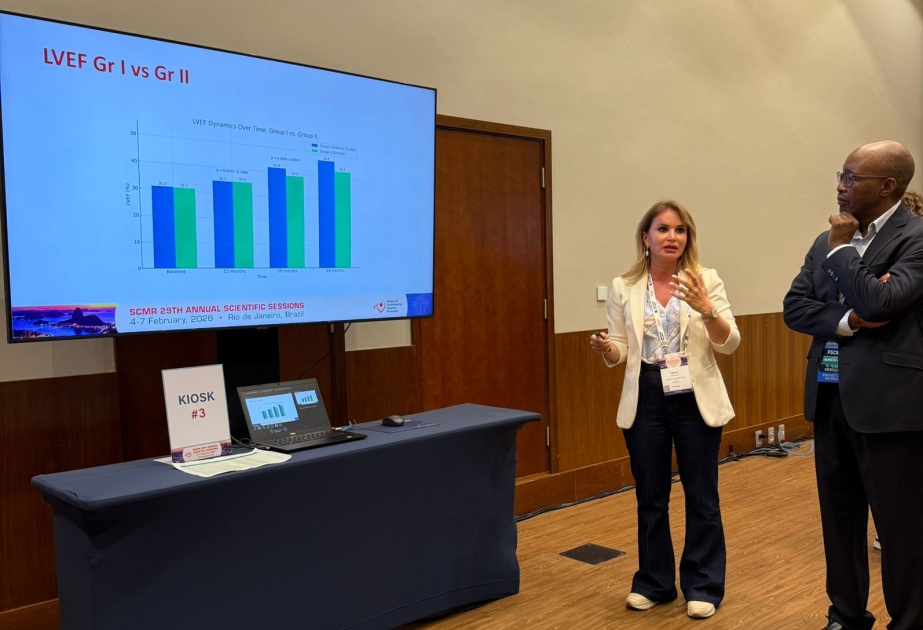What does a political scientist mean when he talks about the risk of a new war in the region?
Although 2023 is about to end, the expected peace agreement between Azerbaijan and Armenia has not been concluded. Most likely, no extraordinary event will happen in the last days of December. So, the hope is for 2024. So, what will happen next year? There is no unequivocal answer to the question. In any case, the expectation of peace remains relevant.
It should be noted that in 2023, the international community was very hopeful that the Baku-Iravan final agreement would be reached. However, hopes, so to speak, could not prevent the local anti-terrorist operation carried out by Azerbaijan on September 19. In general, every year since the large-scale Second Karabakh war of 2020 has been remembered almost as a repeat of 2023. In other words, there was a military escalation between Armenia and Azerbaijan. In this article, we are far from intending to talk about the causes of the situation and list the different directions of the destructive path taken by Armenia and the imitations of peace. Our topic is directly about the expectation of peace. We believe that in this regard, the leading researcher of the famous Carnegie Foundation, an expert on the Karabakh conflict, Thomas de Waal, expressed his interest in the "Power Factor" program broadcast on "News.am".
Let's start with the fact that what the expert said suggests that he does not have any serious expectations about peace in the South Caucasus. According to him, the situation between Baku and Yerevan is basically the same as it was a year ago. That is, the situation is tense. The main factor causing the tension is related to anti-terrorist measures. T. Vaal says in the current issue that the Armenians leaving Karabakh and the loss of the region in general is a big event. It is true that the political commentator also relies on the logic that if Karabakh has been de-Armenianized, in principle everything should be considered as over. But in terms of Armenian adventurism, nothing ends.
T. Vaal says that the only positive result in 2023 is the joint statement of the Administration of the President of the Republic of Azerbaijan and the Office of the Prime Minister of the Republic of Armenia on December 7. As a result of this statement, the political scientist, who talks about the exchange of prisoners between the parties, also says that Armenia has withdrawn its candidacy to host the 29th Conference of the Parties to the UN Framework Convention on Climate Change (COP29) and supports the candidacy of Azerbaijan. He also emphasizes Azerbaijan's support for Armenia's candidacy for membership of the Bureau of the COP from the Eastern European Group as a positive point. According to him, Baku loves prestige and prestige. Therefore, such gestures reduce Azerbaijan's ability to solve the current problem by force.
Despite this, T. Vaal says that the situation between Azerbaijan and Armenia remains unbalanced. Currently, the Western settlement line of the conflict is practically inactive. "I do not see the possibility of signing an agreement between Baku and Yerevan in the near future. At the same time, despite international pressure, the threat of a new Armenian-Azerbaijani war is always present," said the political analyst, adding that the President of Azerbaijan, Ilham Aliyev, has the main say in whether the threat of a new war will become a reality or not.
Of course, the Armenian media focuses more on the last mentioned opinion of T. Vaal, prefers the rhetoric aimed at condemning Azerbaijan as the party that will start the war, and in a way, allows interpretation. However, it seems clear that T. Vaal is not rooting directly against Azerbaijan, he is speaking from the general picture. In fact, his assessment is due to delays in the peace process as a whole. The alternative to peace is always war. So,
T. Vaal is not innovative when it comes to war-smelling ideas. It should also be taken into account that the absence of a peaceful environment is uncertainty. Uncertainty is natural for each party to evaluate events from their own point of view and take action. Of course, whoever has the opportunity is the one who takes more serious action.
Algarez, Thomas de Waal, in his speech at the mentioned program, called the opening of regional communications the most urgent issue. "This is a case where opening up communications seems beneficial to everyone. But now the situation is more complicated than in 2020, and I don't see the necessary consensus to achieve a result," said the political scientist, adding that opening the border with Armenia seems to be in Turkey's state interests. There is also a railway connection between Kars and Gyumri and then through Armenia to Nakhchivan and the main part of Azerbaijan, and from there to the Caspian Sea. Of course, it is interesting from what perspective T. Vaal uses the idea "but it seems that Erdogan (President of Turkey - ed.) has personal interests". It is also interesting that the political expert comes to the question of who will protect the safety of the railway passing through Gyumri and Sunik and considers it an important point: "We see a "dark story". The Armenian side no longer wants the presence of Russia. On the contrary, Azerbaijan insists on the presence of Russian security forces.
Of course, one can disagree with T. Vaal's last opinion. The point is that official Baku sees Russia as the one responsible for the safety of the road connecting other territories of Azerbaijan with Nakhchivan - there can be no question of absolute logic. That is, our country puts the matter in a slightly different form. Azerbaijan is guided by two principles: First, that Armenia fulfills its obligations. The commitment was clearly stated in the tripartite statement dated November 10, 2020. It was reported that security on the said road will be provided by the Russian Federal Security Service. Let's take into account that Armenia signed the tripartite agreement as a loser. In any case, the country must lose something because of the 30-year occupation. If he didn't want to lose, the war would continue. Whether Yerevan will be able to participate in this attendance is the subject of another conversation.
The second aspect of the issue is that our country values the road to Nakhchivan as a road from Azerbaijan to Azerbaijan. This was announced by President Ilham Aliyev at the "Karabakh: Returning home after 30 years" held at ADA University on December 6. "Achievements and difficulties", he declared in his speech at the Forum. The head of our state said that there is no problem in accepting the said road as the sovereign territory of Armenia. The main point is that there is no customs crossing and border checkpoint in the area.
Let's say once again that President Ilham Aliyev stands on the principles of the logic of the road from Azerbaijan to Azerbaijan. The leader of our country even evaluates the issue in the light of our legitimate right. He also emphasizes that since Armenia did not agree with this, Baku reached an agreement with Tehran on the road to Nakhchivan passing through the territory of Iran. President Ilham Aliyev also informed about the works started in the current direction at the forum.
However, in spite of all this, there are Western circles in the world who support the fact that the road to Nakhchivan should pass through the territory of Armenia, not Iran, and that the statements of Yerevan, not Baku, should be taken into account as the principle line. They resort to any means. In fact, T. Vaal is also making political moves around the line put forward by those circles. For this reason, the following question is addressed to him: Was there a deal between Moscow and Baku regarding the Kremlin's loss of its presence in Karabakh in exchange for Russia's new presence in Sunik?
Of course, the political scientist is cautious in answering this provocative question. However, speaking as a supporter of the existence of a political configuration along the lines of Russia-Iran-Turkey-West-Armenia-Azerbaijan, de Vall says that he does not see progress in the current direction and adds that if there is no progress, the risk of a new war will increase. "At the same time, I personally do not think that Azerbaijan will go to capture all of Sunik," the political analyst emphasizes. According to him, putting pressure on Yerevan to agree to the conditions set with the help of Moscow and Ankara is on the agenda.
A. RUSTAMOV
XQ




